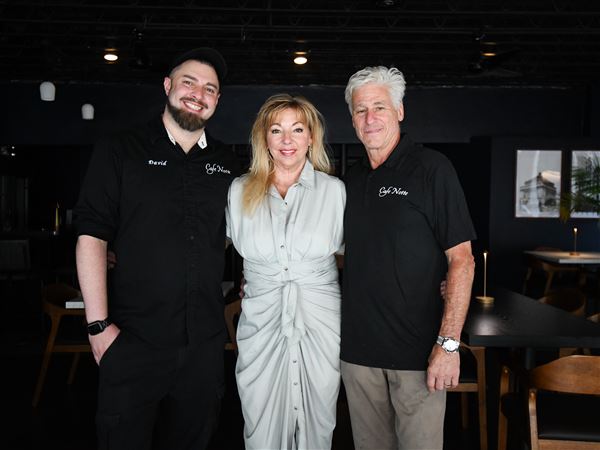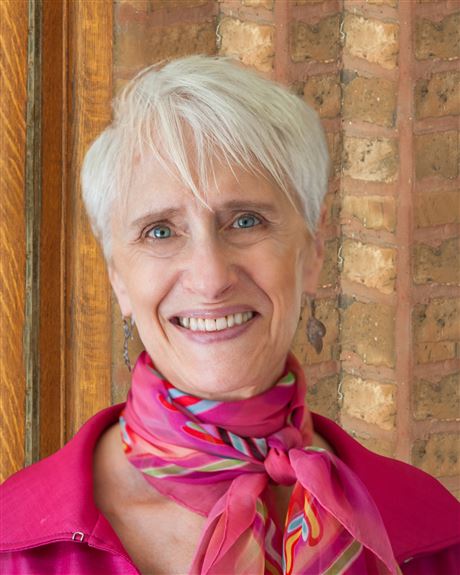The venerable Sara Paretsky, who created her first novel featuring Chicago private detective V.I. Warshawski in 1982, sets up two parallel — ultimately convergent — mysteries to be solved in her latest opus, “Shell Game.”
William Morrow ($27.99).
The first plotline centers on the grisly murder of an Arab-American archeology student; Felix Herschel, the nephew of V.I.’s close friend, surgeon Lotty Herschel, has been implicated and is currently the police’s prime suspect. The second line of inquiry is the disappearance of one of V.I.’s own nieces (by her earlier marriage to attorney Richard Yarborough), Reno Seale.
These two puzzles will be solved with a few mild revelations in the very last chapters, but by that time the revelation of who did what, along with Ms. Paretsky’s tying up of all the loose ends is not very important, nor even particularly convincing. What matters in a V.I. Warshawski novel is the character of the protagonist and her astute observations on the political-social milieu in which she lives.
Victoria Iphigenia Warshawski broke ground for American detective fiction by being one of the earliest female detectives in the mold of the hardboiled male private eyes in classic novels by Raymond Chandler and Dashiell Hammett. She’s a highly insightful, physically strong, sexually liberated, independent woman who can take care of herself (for the most part) without the aid of the men around her.
She never forgets her heritage as the daughter of an Italian opera singer who escaped fascists and a Polish-American police officer, quoting lines from “Tosca” and waxing nostalgic over the food made by her Polish grandmother.
Along the way, she has acquired a law degree, and had a brief marriage to a fellow law student who figures prominently in the present work. And while V.I. has a sentimental side, she’s tougher and more hard-edged than Kinsey Milhone, super-sleuth of the crime novels by Ms. Paretsky’s best-known contemporary, the late Sue Grafton.
Even more germane for Ms. Paretsky are the issues themselves. In “Shell Game,” the topics explored include (in no particular order): sexual exploitation, racial profiling, the Immigration and Customs Enforcement agency (ICE), the Russian mafia, art theft, the amorality and entitlement of America’s one percent, and parallels between the United States today and Germany in the 1930s. That’s a big menu, but all those things come into play.
The author even puts forth the very contemporary notion that some innocent profiled persons may have to “escape” from the United States into Canada to avoid being sent back to a country where they will surely be tortured, imprisoned or killed.
In plotline No. 1, Ms. Paretsky gives us some lessons in archeology, particularly about ancient artifacts stolen from present-day Syria and Lebanon, which she has researched with a faculty member of Chicago’s Oriental Institute.
The murdered man, Leroy Fausson, was an American archaeology student of Arab descent who adopted the given name Lawrence because of an obsession with his Middle Eastern heritage and a desire to be identified as a latter-day Lawrence of Arabia.
He had Felix Herschel’s phone number on a scrap of paper in his pocket, when he died. He was also keenly interested in a dissident Syrian poet who escaped to the United States and is wanted by ICE. When Felix is questioned by the police, Lotty brings in her friend V.I. Warshawski. Felix, however, refuses to give V.I. any information, claiming that he never met Fausson. With her superb sleuthing skills, V.I. quickly discovers that Felix is dating the poet’s daughter.
In what appears to be an unrelated event, Reno’s sister Harmony flies into Chicago from the state of Washington, when Reno goes missing. It was her Uncle Richard, V.I.’s ex, who found Reno a job — with a loan shark company — but the wealthy lawyer denies any knowledge of Reno’s whereabouts and refuses to help.
When V.I. goes to Richard’s office for the first of several acrimonious encounters, she notices several valuable sculptures, possibly from the Middle East in his luxurious waiting room. She also discovers him in close contact with a few unsavory billionaires. One of them owns the company that cleans Yarborough’s building — and, routinely, employs undocumented immigrants. Disguising herself as an immigrant to clean toilets as a way of penetrating Richard’s office is one of the less credible segments involving V.I. Warshawski.
But Ms. Paretsky always leaves us with food for thought. “They babble on about immigrants and ISIS,” one of her characters says. “Our stupid invasion of Iraq forced millions of Iraqis to flee…[to] Syria. ... We want to put up walls or expel Muslims, and we created the biggest immigrant crisis in recent history all by ourselves.”
Robert Croan is a Post-Gazette senior editor.
First Published: November 10, 2018, 5:00 p.m.

















